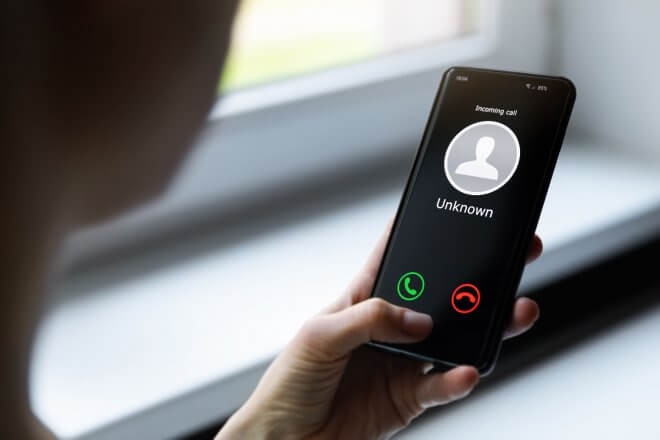Mutual Wills

Contact
Table of Contents
The High Court’s decision in the recent case of Legg and Burton v Burton [2017] has highlighted the issues surrounding the doctrine of mutual wills, which many people are unaware of.
What is a mutual will?
Mutual Wills are Wills made by two (or more) people with an agreement not to revoke (i.e. cancel or change) their will in the future once one of the two people has died.
Is a mutual will the same as a mirror will?
No, two people making wills on the same terms does not mean that the wills are mutual. For a mutual will to exist, there must be evidence of an agreement (not just hope) that the second to die will not revoke their will.
What are the consequences of making a mutual will?
If the requirements of a mutual will are met, a constructive trust is imposed on the surviving party. This means that he or she cannot make a new will in the future disposing of the property subject to the trust. The surviving party must adhere to the terms of the mutual will agreement even if they received no benefit under the will of the first to die. Although a marriage or entering into a civil partnership revokes a will, the terms of the agreement are still binding on the party to the mutual will.
What are the problems with making mutual wills?
There are a number of practical problems involved with making mutual wills, the main ones being:
- Although the survivor cannot amend their will to dispose of the property received from the estate of the first to die – they are not under a duty to account for this property, so they could spend all of the estates during their lifetime so there is nothing left on their death.
- The parties are restricted as to what they can do with their property in the future, and their ability to adapt their will to a change in circumstances is limited.
More information on: Naidoo v Barton: undue influence and the risks of mutual wills
I have a mutual will – what do I do?
If you have a mutual will that you no longer require, it may be possible to revoke this, but due to the complex nature of such wills, it is vital to obtain professional advice in the first instance. If you would like advice on making a new will, please get in touch with a member of our Private Client Team on 020 7485 8811.
- Related reading: What to Do When Someone Dies
- Related reading: Inheritance Tax Planning
Share this article
Contact us about a Mutual Will
Call us 020 7485 8811
Email us Send us an email and we’ll get back to you
Related InsightsVIEW ALL
- 12.7.2024
Is A Handwritten Will Legal?
Is a handwritten will legal? Is a question we often hear, especially when time is of the essence, and putting...
Read more - 25.4.2024
What is a Mirror Will?
Mirror wills are mirror images of each other and practically the same in every way. They suit couples, married or...
Read more - 22.4.2024
5 Things You Should Never Put in a Will
When it comes to writing a will, you want to make sure that your wishes are known and that the...
Read more - 22.3.2024
Forged Wills
Will fraud and forged wills are increasingly common. If the contents of a will comes as a surprise, then one...
Read more - 31.8.2023
What Happens if Someone has Dementia and No...
Can you get Power of Attorney for someone with dementia? It’s a sad reality in an ageing population that...
Read more - 19.7.2022
Beware of appointing your children as executors
Avoiding Family Conflicts in Estate Administration Where tensions exist between family members, making your children the executors of your will...
Read more - 1.1.2022
How to Divide Assets in a Blended Family
In this article we look a scenario for someone who is making a will where they are married with children...
Read more - 25.9.2020
Making a Will by video link
The Government has recently announced plans to allow for the witnessing of Wills and Codicils by video conferencing. This is...
Read more - 10.6.2020
Leaving money to charity in your will
Why leave money to charity in your Will? Leaving money to charity in your will is a significant source of...
Read more - 26.3.2020
Property up to £1m can be inheritance tax...
Changes to Inheritance Tax Allowances Changes to inheritance tax allowances mean married couples can leave property worth £1 million tax-free from 6...
Read more - 19.12.2019
Hampstead solicitor becomes notary public
Hampstead solicitor Elspeth Neilson of Osbornes Law has qualified as a notary public (a notary), meaning she can now certify...
Read more - 22.10.2019
Forced Heirship on Property Abroad
Own property abroad? Beware of forced heirship rules Whether it’s a holiday home, a second home or a place...
Read more - 9.8.2019
What is fraudulent calumny?
Fraudulent calumny involves someone poisoning the mind of the deceased against a potential beneficiary, ultimately influencing the deceased to exclude...
Read more - 31.7.2019
Residence Nil Rate Band
What is the Residence Nil Rate Band? The Residence Nil Rate Band is an additional nil rate band. It can...
Read more - 3.7.2019
Assets abroad? Why you may need more than...
The Challenges of International Assets in Wills As more of us become internationally mobile, it’s increasingly common to own...
Read more - 31.5.2019
Can You Write Your Own Will?
Is writing your own will legal? While writing your own will is technically legal and can be valid if executed...
Read more - 25.3.2019
Cross Border Issues – Wills and Succession
An increasing number of individuals have connections with more than one jurisdiction. Conflicting rules can significantly affect their estate planning...
Read more - 25.3.2019
What happens when someone dies without a will?
Dying without a will When someone dies without a Will, the Intestacy Rules apply. These rules, which are set out...
Read more




















